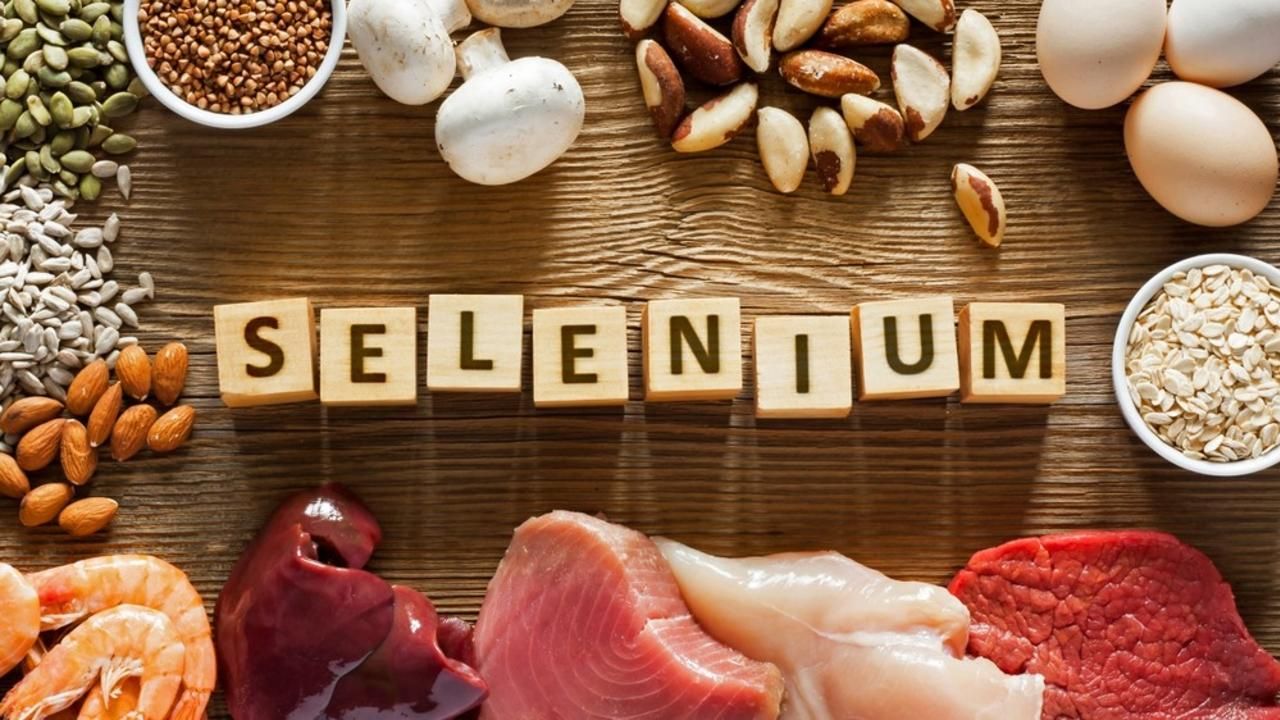Selenium
May 16, 2019

Sources:
- Brazil nuts, cashews
- Seafood, meats, poultry
- Garlic
- Asparagus
- Eggs
Deficiency:
The selenium content of food depends on whether the crop was grown in selenium-rich or poor soil and whether the animal meats were fed rich or poor selenium containing food. Unfortunately, Australian soils are naturally low in this mineral.
Uses:
- Essential for healthy thyroid hormone metabolism
- Needed for glutathione peroxidase production - the master antioxidant, the cellular protector against oxidative damage
- Plays a major role in detoxification, especially helpful in removing mercury, arsenic, lead, and cadmium
- Helps regulate the immune system, prevents cancer and helps improve outcomes for people living with HIV
- Selenium protects against chromosomal damage, stimulates DNA repair
- Important nutrient for cardiovascular health
- Deficiency may play a role in the development of cataracts and premature aging in general.
- Selenium is needed to maintain good levels of cognition into later life
Danger:
Excess can be problematic from excess hair loss to gastrointestinal upsets, breathing difficulties and cardiac problems.
Medication interactions:
- Chemotherapy drug Cisplatin increases selenium excretion. Selenium supplementation alongside Cisplatin can help reduce side effects caused by this medication, best to speak to your oncology specialist to determine dose.
Fun Fact:
Selenium was discovered in 1817 and was named after the ancient Greek moon, Selene.


